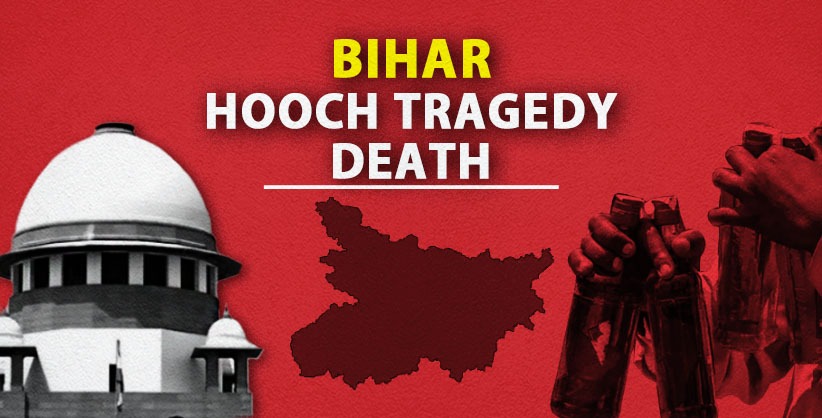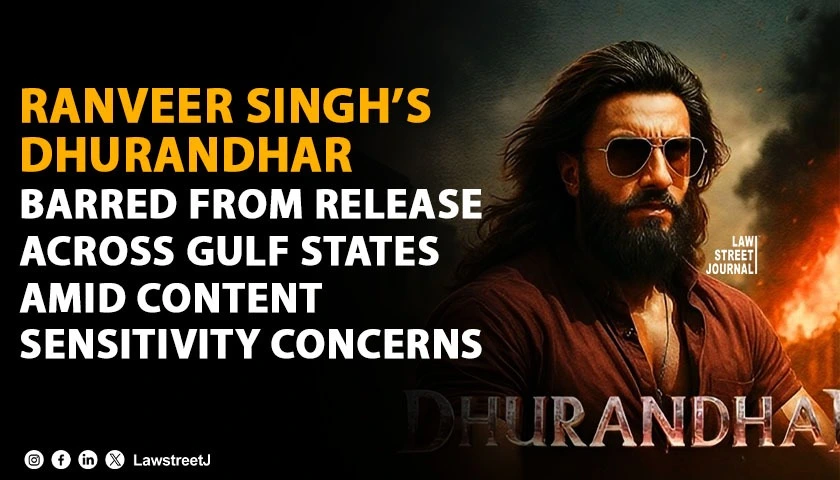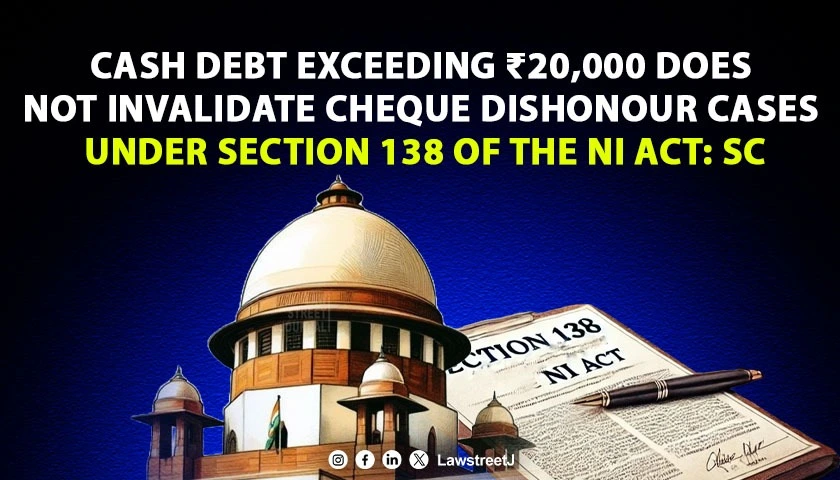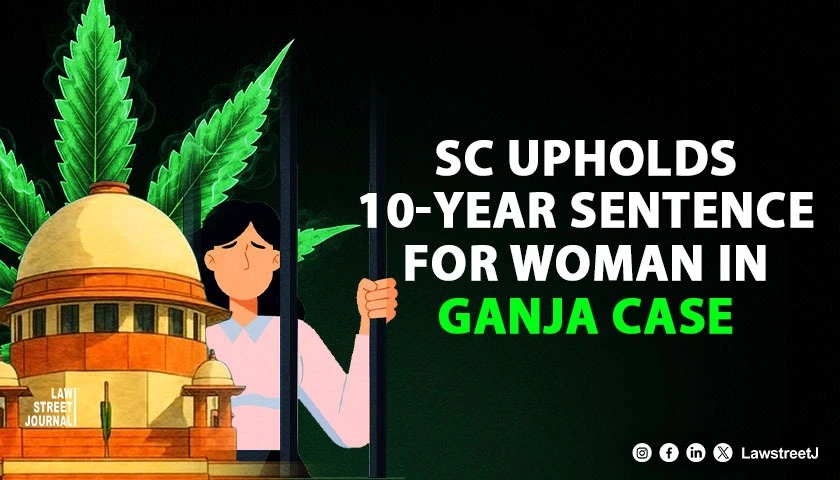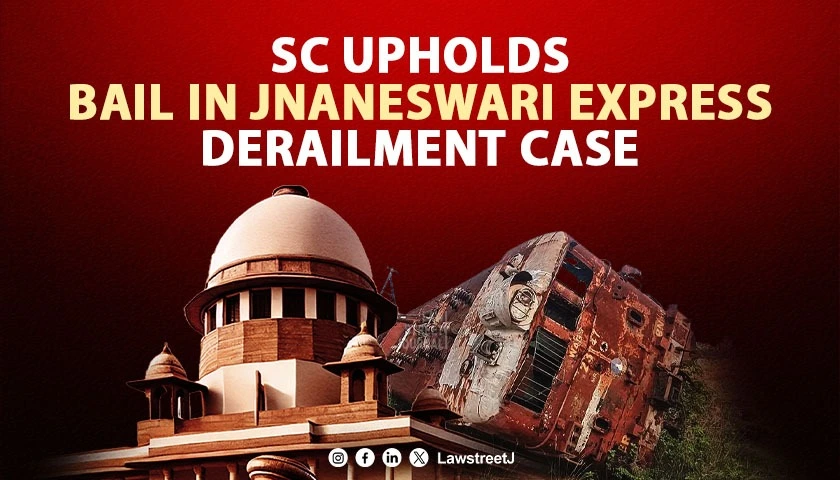NEW DELHI: A plea has been filed in the Supreme Court seeking an SIT probe into the Chhapra hooch tragedy, and compensation to the family members of 55 people, who died after consuming spurious liquor.
The plea by NGO Aryavartha Mahasabha Foundation also sought formulation of action plan to curb the manufacturing, trading and sale of illicit liquor.
On Friday, the PIL was mentioned before a bench led by Chief Justice D Y Chandrachud for an urgent hearing. The CJI said he would look into the issue and list the matter.
The hooch tragedy on December 14, 2022 in district Chhapra in Bihar, has caused a furore in the country.
As many as 55 people had died so far in the tragedy.
The plea also said that this is not the first time that India has reported an incident of people dying after consuming spurious liquor. A similar case was reported from Gujarat, Punjab and Haryana, Uttar Pradesh, Uttarakhand and Karnataka in recent years as well, causing loss of life.
"Hooch is a kind of liquor which is cheap, brewed in small unregulated shanties and does not attract excise tax. This inferior quality drink is usually made after mixing chemicals with water, which is then consumed by the people. It is more so commonly sold in states that have imposed a full ban on liquor in the state, thereby, making more people fall prey," the petition said.
The petitioner said presently, four states namely Gujarat, Bihar, Nagaland, and Mizoram have put in place prohibition laws completely banning the sale of alcohol.
The petitioner pointed out Bihar Prohibition and Excise Act, 2016 was enacted to enforce a complete prohibition of liquor. Under the Act, manufacturing, bottling, distribution, transportation, collection, storage, sale, possession, purchase, or consumption of any intoxicant or liquor is prohibited, it said.
From 2018 to 2020, over 45,000 FIRs were registered under the Act every year. Further, during this period, the number of cases pending trial before courts almost quadrupled. More than 40,000 people were arrested under the Act each year from 2018 to 2020. The Act was amended in 2018 to make certain penalties less stringent, it said.
"Ever since the Bihar government prohibited liquor sales in the state in 2016, it has invited scathing criticism for is substantial failure to implement the ban and for the several adverse consequences that the move has thrust on the people of Bihar. One of the axioms of governance is that any policy with political, social, economic, or other value ought to be first examined in the scale of implementability. What is not implementable may not be operationalised despite the nobility of the cause. Bihar has failed to apply this simple test in the present instance," the plea said.
The plea said the state shares its borders with Nepal, West Bengal, Jharkhand, and Uttar Pradesh. None of these states practise prohibition, and there is evidence that liquor is flowing into Bihar from the neighbouring states, given West Bengal and Jharkhands phenomenal rise in excise revenue, the petition said.
In February 2022, the Supreme Court observed that trial courts in Bihar and the Patna High Court are being crowded by bail applications in matters under the Bihar Prohibition and Excise Act, 2016.
Of the estimated five billion litres of alcohol consumed every year in India, about 40% is illegally produced in rural parts.

